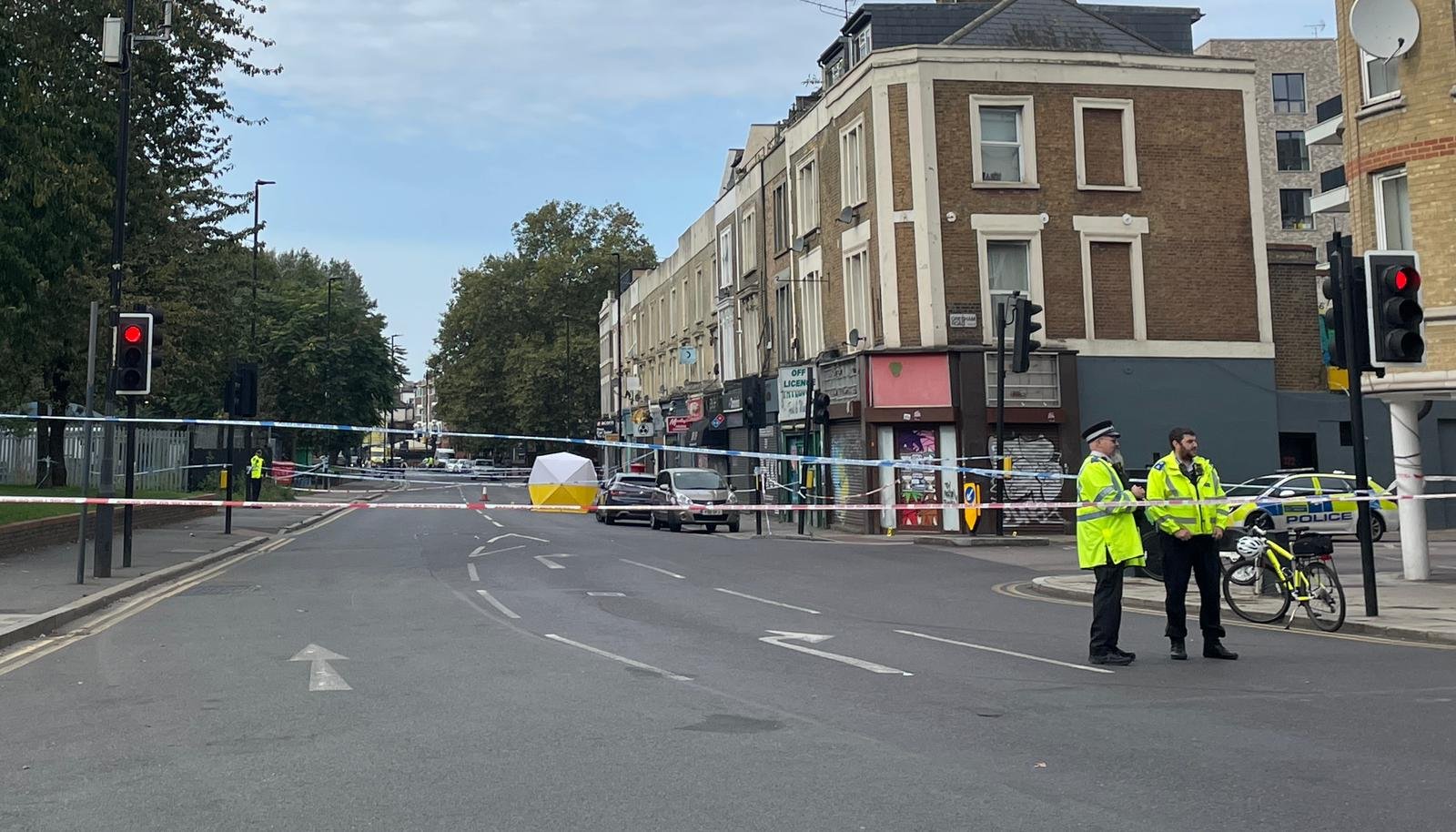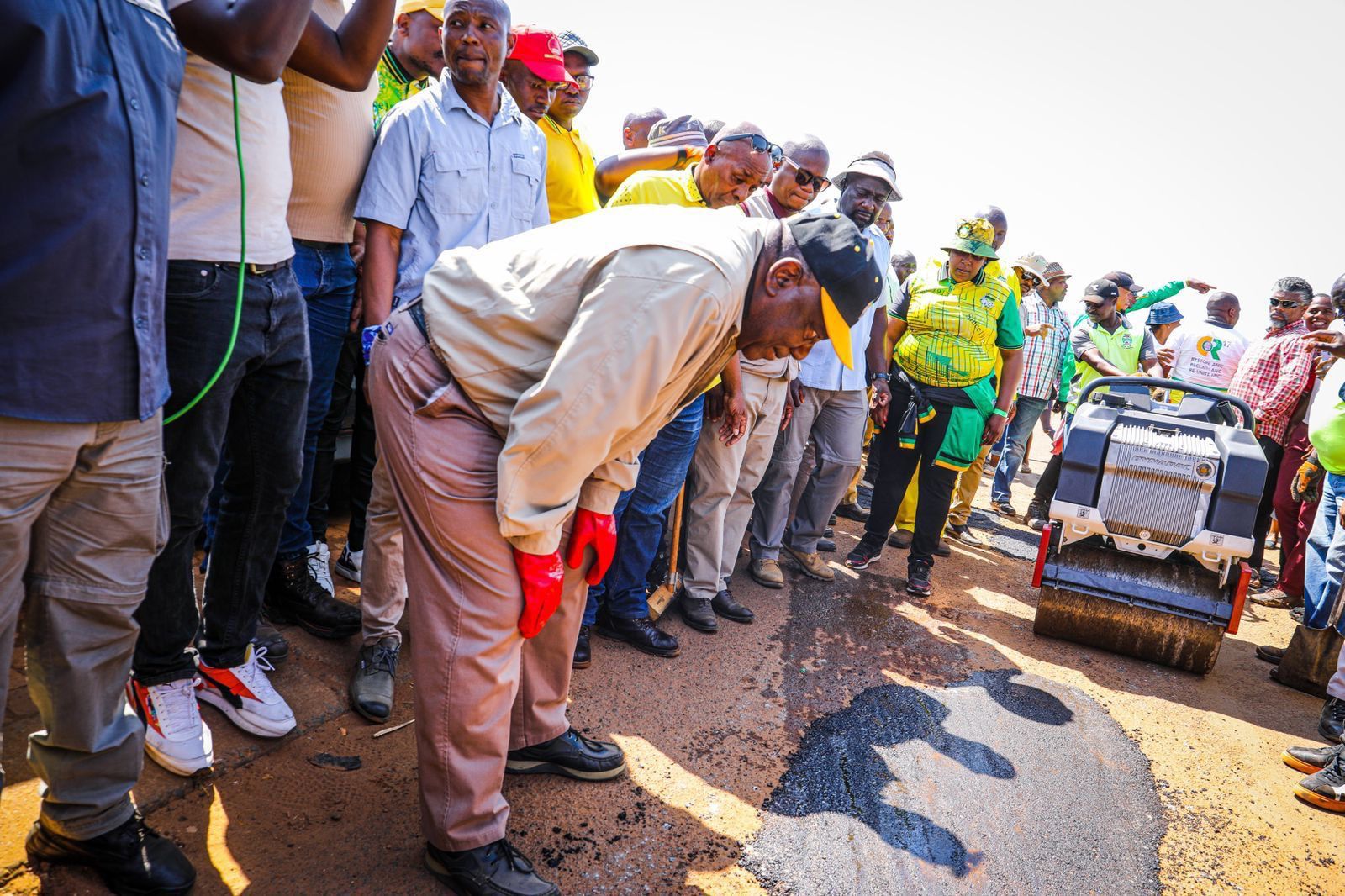Tips for travelling to Budapest
Budapest, the capital of Hungary, offers a unique blend of old-world charm and modern urban life, promising an unforgettable experience for visitors. If you are visiting this alluring city for the first time, here are some tips to make the most of your visit.
1. Currency
The official currency is the Hungarian Forint (HUF). Although some places in touristy areas might accept euros, you will probably pay more in euros than you would in forints. Also carry forints for smaller purchases, or in places where cards aren’t accepted. We mainly used our credit cards.
2. Value for money
Although Hungary is not as cheap as it used to be, it is still more affordable than many other European cities. From the three cities we visited, we found Vienna more expensive than Budapest and Bratislava less expensive.
3. Language
Hungarian is the official language and is known for being challenging for foreigners to grasp. English is widely spoken, especially by younger generations. In case of a language barrier, Google Translate is your friend.
4. Weather
Hungary experiences a continental climate. Summers (June to August) are warm, with temperatures ranging between 25°C to 32°C, while winters can be cold, with temperatures often dropping below freezing. Spring and autumn are milder and can be an ideal time to visit to avoid the extreme temperatures and the tourist rush. We visited in August/September and the weather was pleasant.
5. Public Transportation
Train travel in Europe
Budapest has an efficient public transportation system comprising buses, trams, trains and a metro. Tickets are valid across all modes of transport but ensure that they are validated before boarding to avoid fines. See how to validate your tickets. Download the Budapest Go App and do it the paperless way.
6. Budapest Card
Purchase a Budapest Card for unlimited travel on buses, trams, and metros. This card also gives you discounts at various attractions.
7. Neighbouring countries
Hungary is bordered by 7 countries, namely, Austria, Slovakia, Croatia, Ukraine, Romania, Serbia and Slovenia. Train travel to neighbouring countries is easy. Go to The Man in Seat 61 to find the best way to book train travel anywhere in Europe. It helped us to find the best train deals when travelling to Bratislava. Slovakia and Vienna, Austria.
8. The Airport Express Bus

Airport Express 100E Bus
The 100E Airport Express bus is a direct connection between Budapest Ferenc Liszt International Airport and the city centre (Deák Ferenc tér). It’s the most affordable to reach the city when you arrive and takes around 45 minutes. Just walk outside the airport and you will see the sign. We used it and it was easy, cheap, convenient and comfortable.
7. Bolt
There is no Uber in Budapest. However, Bolt is available as an alternative to traditional taxis and often offers a more competitive rate. Download the app and set it up for convenient travel around the city. Although, we mainly used the public transport and the hop-on hop-off bus, we used Bolt when travelling with luggage to and from the railway stations.
8. Airalo
If you need internet connectivity without local SIM hassles, use Airalo, an eSIM platform offering international internet packages. This way, you can have access to the internet as soon as you land. This is not specific to Hungary only. We travelled to 3 countries and it worked in all of them. Get $3 off your first purchase when you sign up here and use code SARA5435.
How to get there
There are no direct flights to Budapest from South Africa but many of the big airlines will take you there via connecting flights. We flew via Qatar Airways.
9. Visas
If you are travelling on a passport that generally requires Schengen visas, you will need a Schengen visa. See how to apply for a Schengen visa from South Africa.
10. Where to stay
Budapest is divided by the Danube River into Buda and Pest. Buda is hilly and historical, home to the Castle District. Pest is the urban centre with bustling streets, shops and restaurants. Explore both sides. However, the Pest side of the city is better for tourists, and there is more to see there. If you want to stay in a central location close to iconic landmarks, then District V (Belváros & Lipótváros) is a good choice. However, this area tends to be more pricey.
Blaha Lujza Square is also a great choice as it is one of Budapest’s major intersections and transit hubs making it easy to travel within the city. We stayed at Hotel Nemzeti Budapest – McGallery in this area. A former art gallery, it is located a block away from New York Café, opposite the tram and metro stops, and close to many shops and restaurants. Book the hotel here or see more accommodation options in Budapest here.
11. Length of stay
2-3 full days are recommended to visit all the main attractions. However, should you stay longer, you will be able to visit them at a more relaxed pace. You can also visit over 50 museums in the city or go on day trips to other Hungarian cities and neighbouring countries.
12. Things to do

Hungarian Parliament
Budapest has a myriad of beautiful attractions. See the best things to do in Budapest.
13. Tap Water
Budapest’s tap water is of high quality and is safe to drink. So, save money and reduce plastic waste by carrying a refillable bottle.
14. Plug & Voltage
Hungary uses the European-style two-pin plug (Type C and Type F) similar to South Africa and the standard voltage is 230V. If your devices use a three-pin or other plug or aren’t compatible with this voltage, you’ll need an adapter or converter.
15. Tipping
In restaurants, it’s customary to leave a 10-15% tip. However, always check the bill as some establishments might include a service charge. Tipping is also customary for taxi drivers, tour guides, and hotel staff.
16. Safety
Hungary, especially Budapest, is generally safe for travellers. However, like in any other tourist destination, be cautious of pickpockets in crowded areas and keep an eye on your belongings.
17. Rick Steves’ Travel Guides
If you are a frequent traveller to Europe, you might be familiar with Rick Steves’ travel guides. He offers insightful tips, routes, and historical context for many European cities, including Budapest. Get your guide here.
Have you been there? Do you have any other tips for travelling to Budapest?




















Discussion about this post